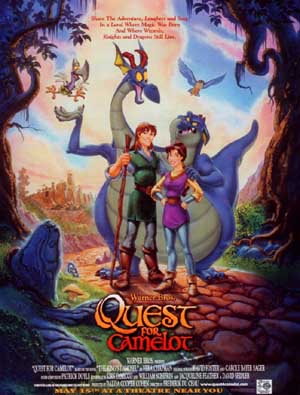10 Things I Hate About You
Posted on December 13, 2002 at 5:16 am
Bianca, a beautiful high school sophomore, longs for a social life. But her father will not let her date until her older sister Kat does. Sound familiar? This is an adaptation of Shakespeare’s “Taming of the Shrew” set in a Tacoma, Washington high school. The movie benefits from appealing performers and some genuinely fresh and funny dialogue, but parents should know that it contains a good bit of material that may be inappropriate for younger teens.
Commedian Larry Miller is terrific as the girls’ father, overprotective because their mother abandoned the family and because as an obstetrician he sees too many pregnant teenagers. But the teachers in the movie are more juvenile than the kids, including a guidance counselor more concerned with writing a very steamy novel than with the behavior and well-being of the students, an English teacher who insults the kids and is arbitrary with discipline, and a soccer coach who is all but comatose at the sight of a girl’s breasts, which she flashes to distract him from a boy’s escape from detention.
Parents should also know that there are a great many references to sex, even by the standards of teen comedies, and especially a number of references to male genitalia, including a boy who draws a picture on the face of another and a boy who pretends to expose himself in the lunchroom, using a bratwurst, as well as the usual teen references to who has “done it.” There is a wild party, with teen drinking and smoking, and brief references to drug use. The scene mentioned above, in which a girl bears her breasts to a teacher, is worth discussing.
On the positive side, the heroines demonstrate a very healthy attitude and strong self-esteem, defending their hearts and their bodies very capably. One admits to having had a bad sexual experience in 9th grade, then deciding she was not ready for sexual involvement, and learning to think for herself in the future. And when one of the characters decides to drink tequila at a party, she ends up dancing in an embarassing fashion and then throwing up in front of the boy she likes.
Kids who enjoy this movie should watch the video of The Taming of the Shrewstarring Elizabeth Taylor and Richard Burton. The many parallels will make them appreciate this version even more.

